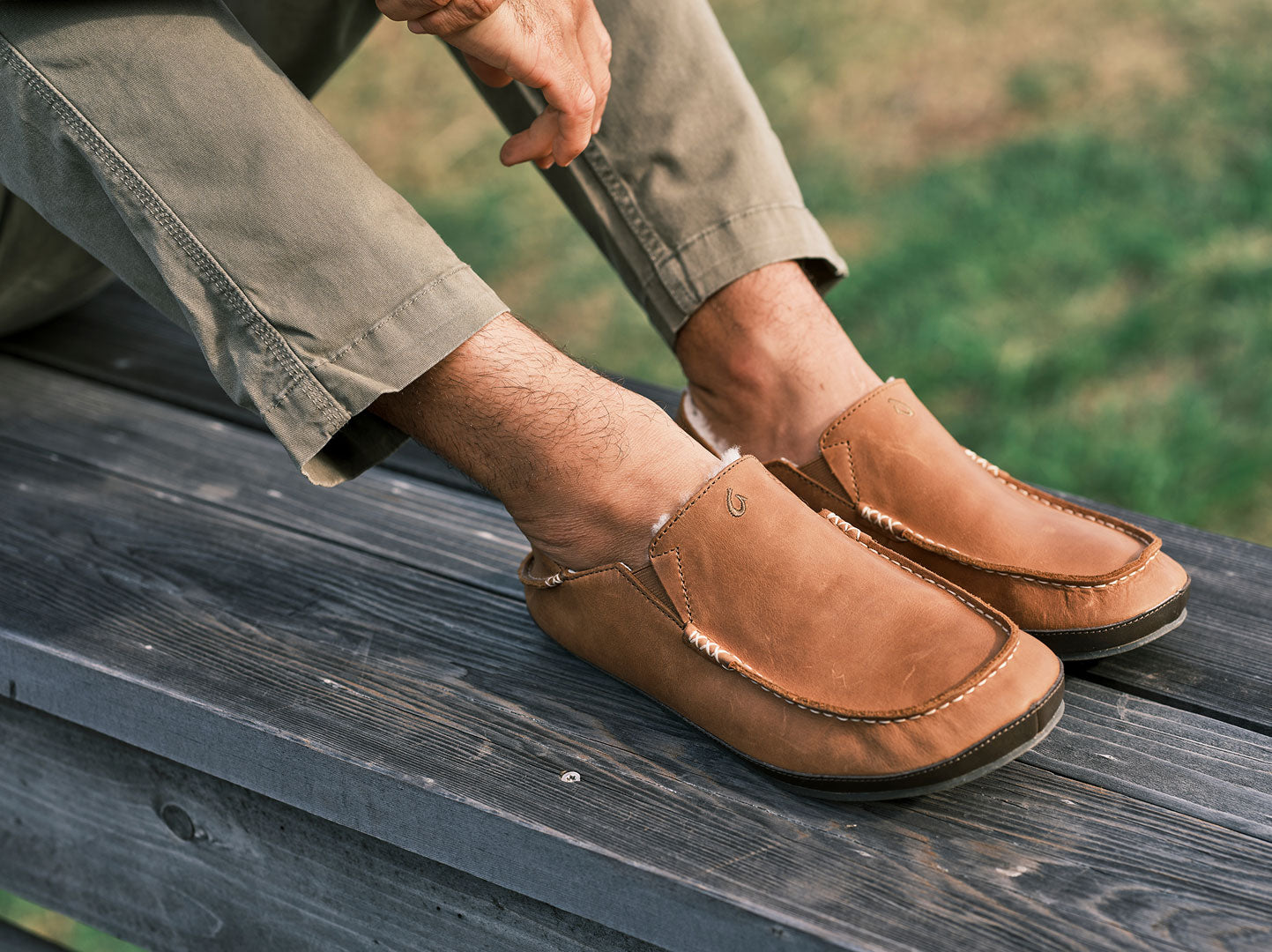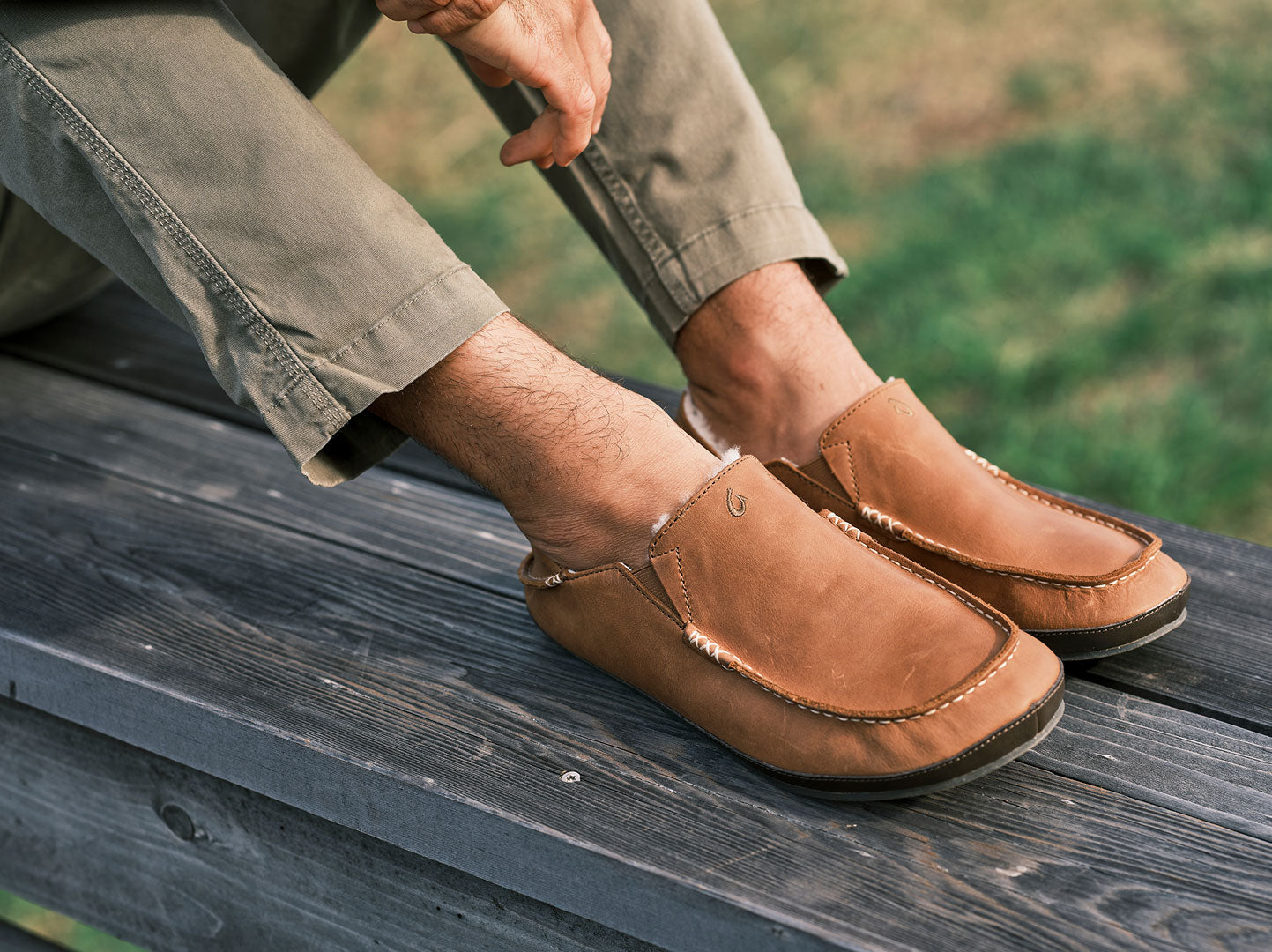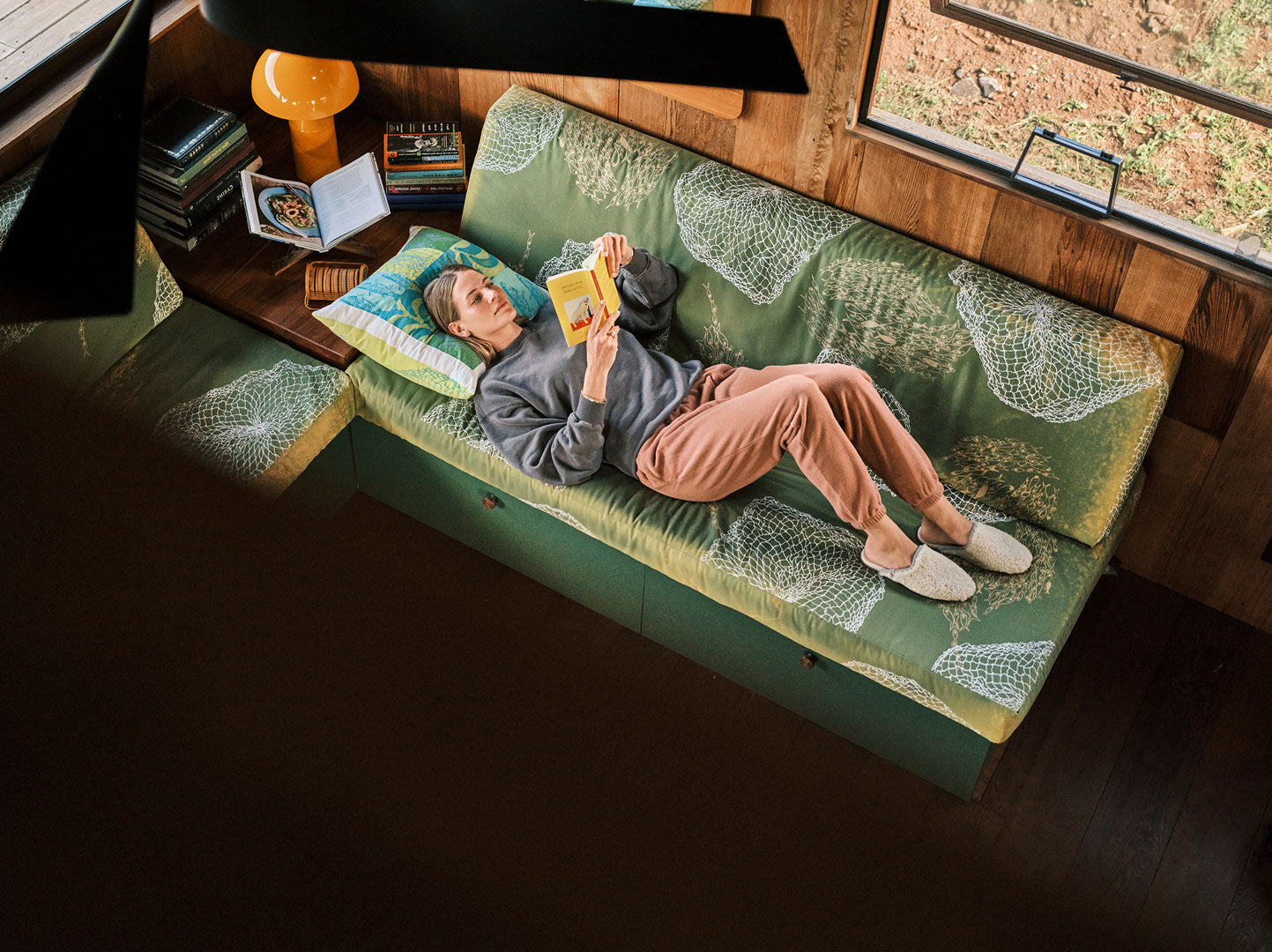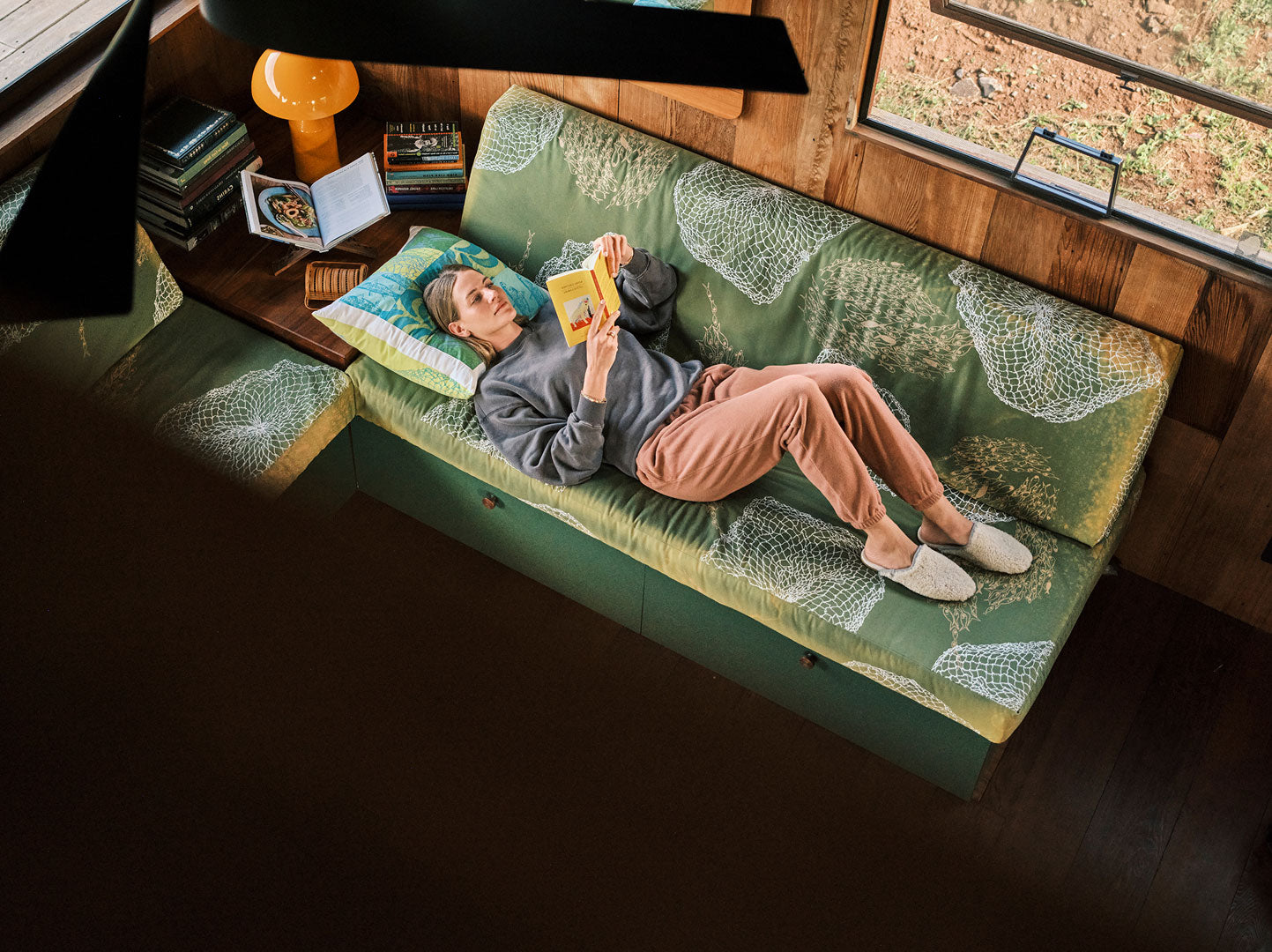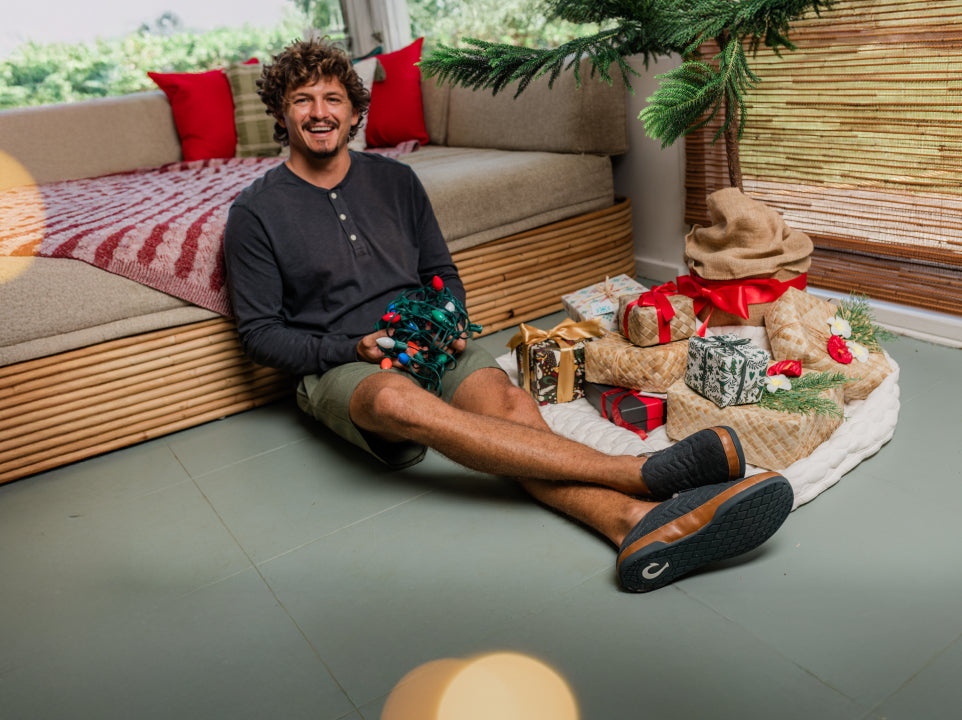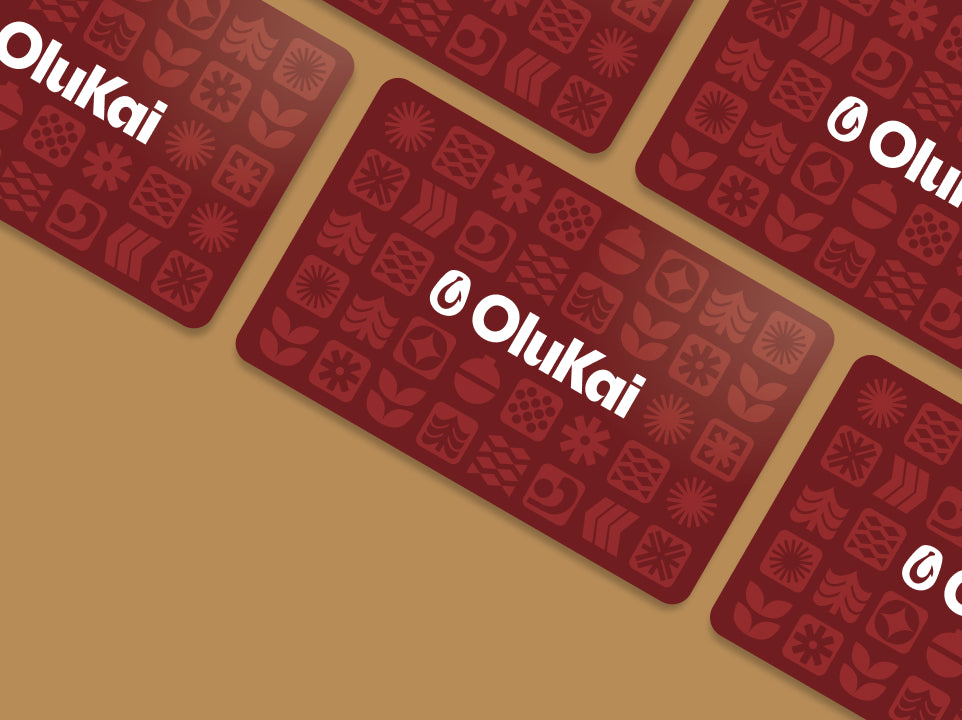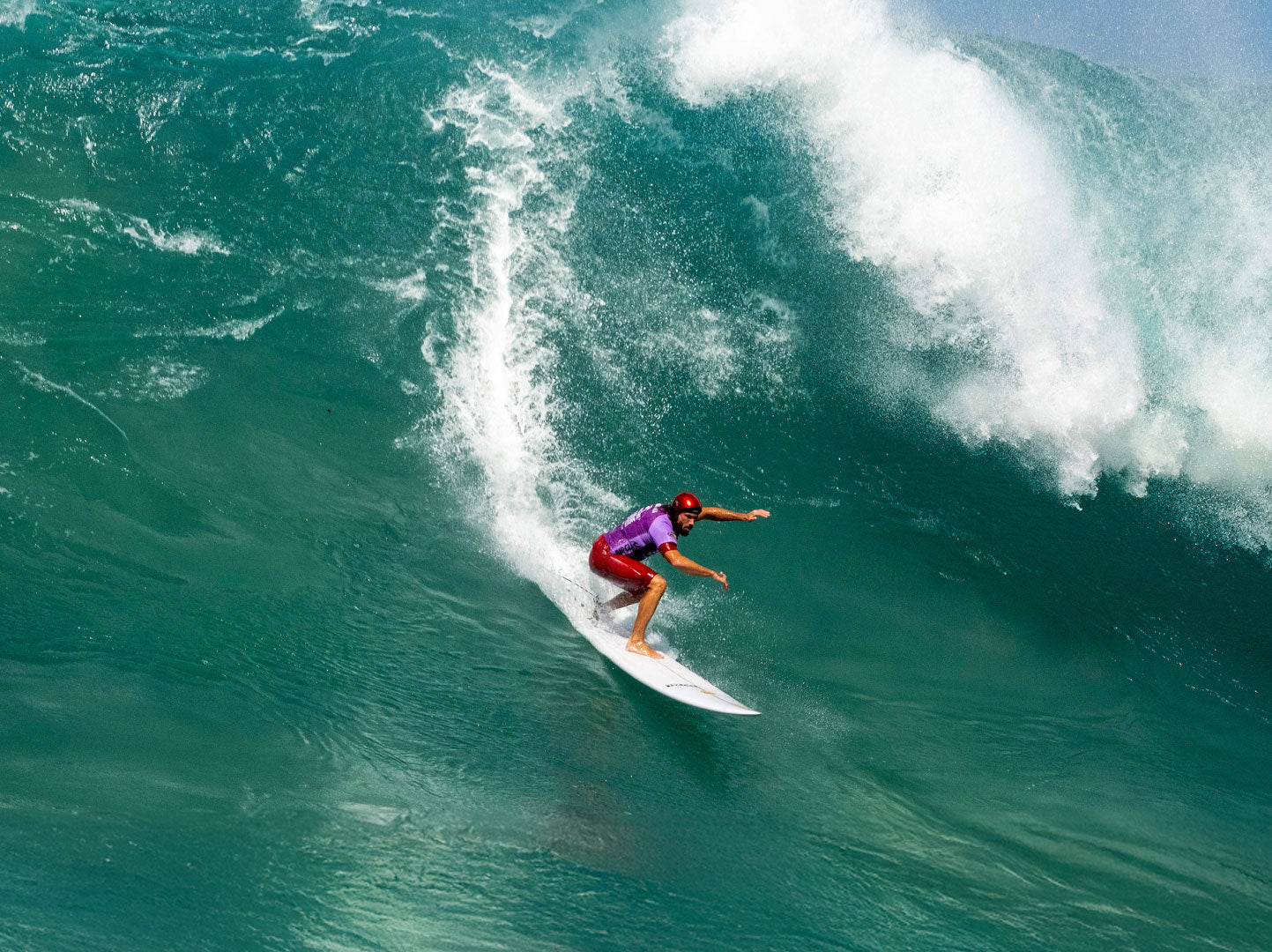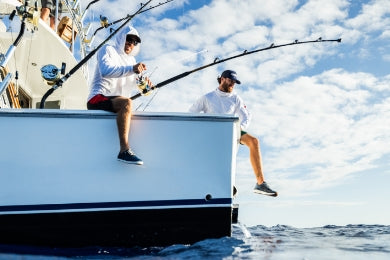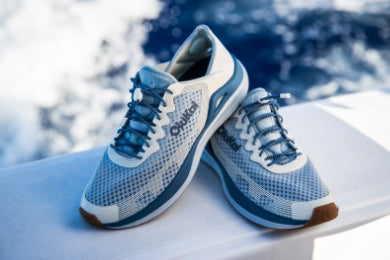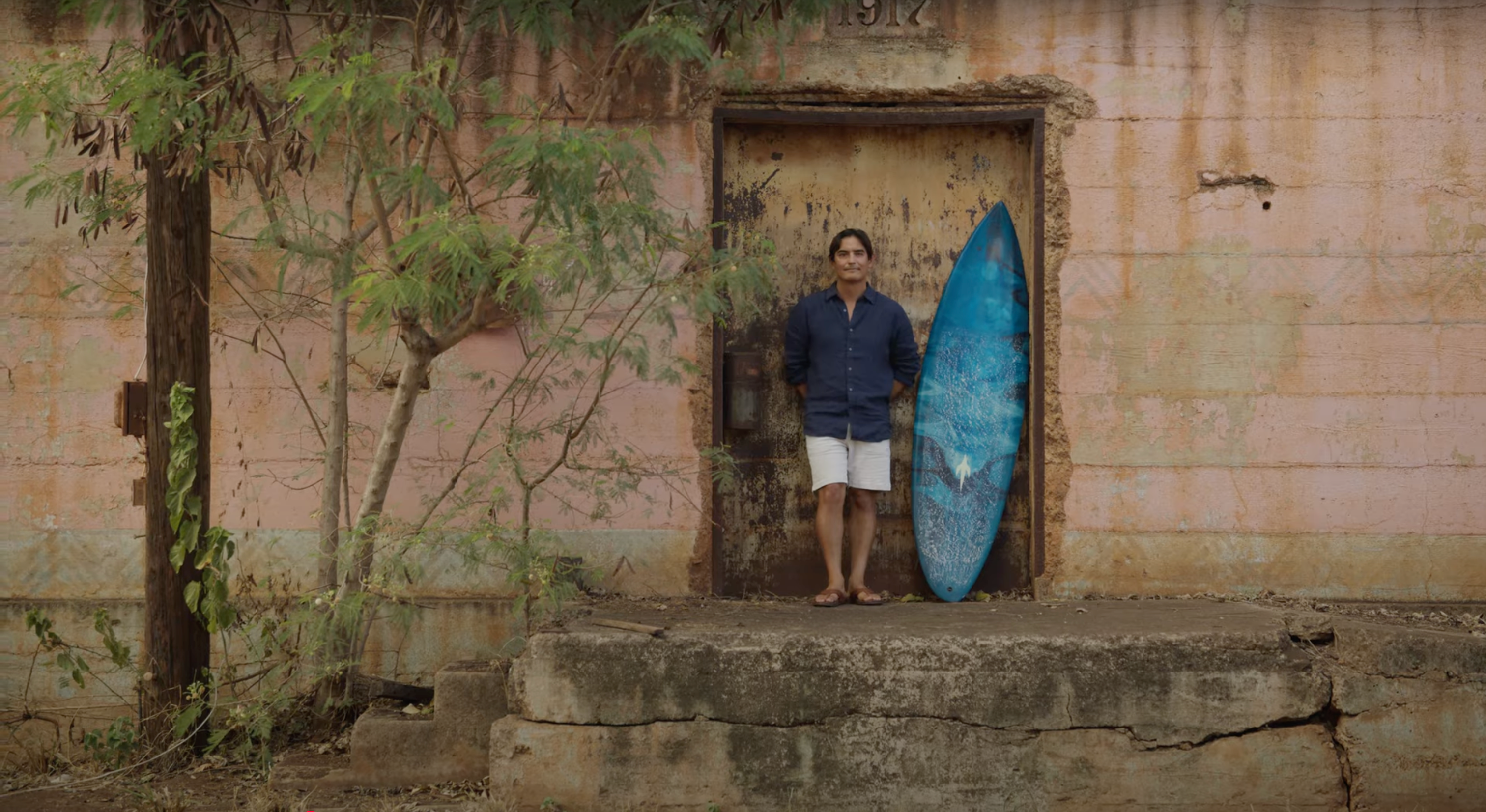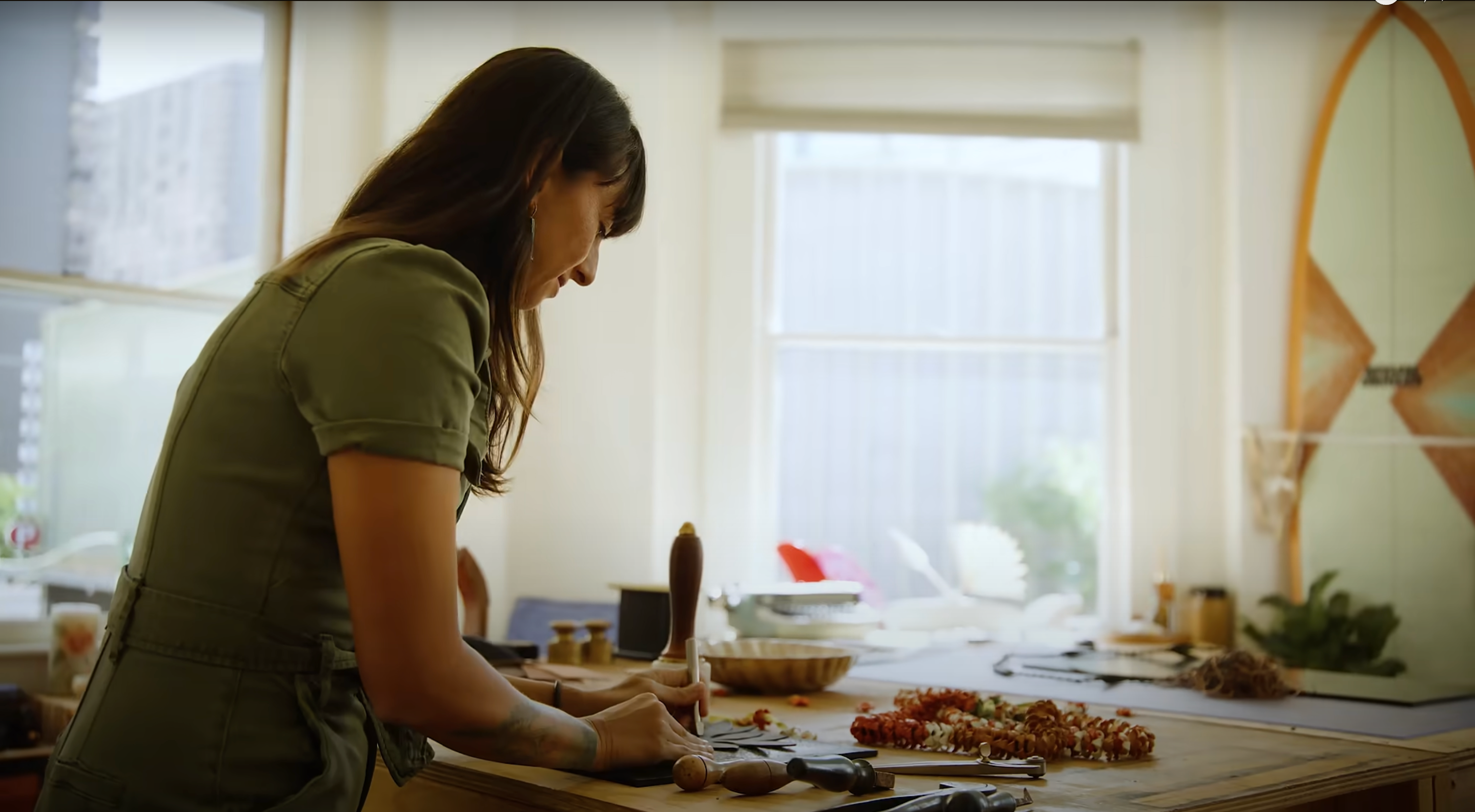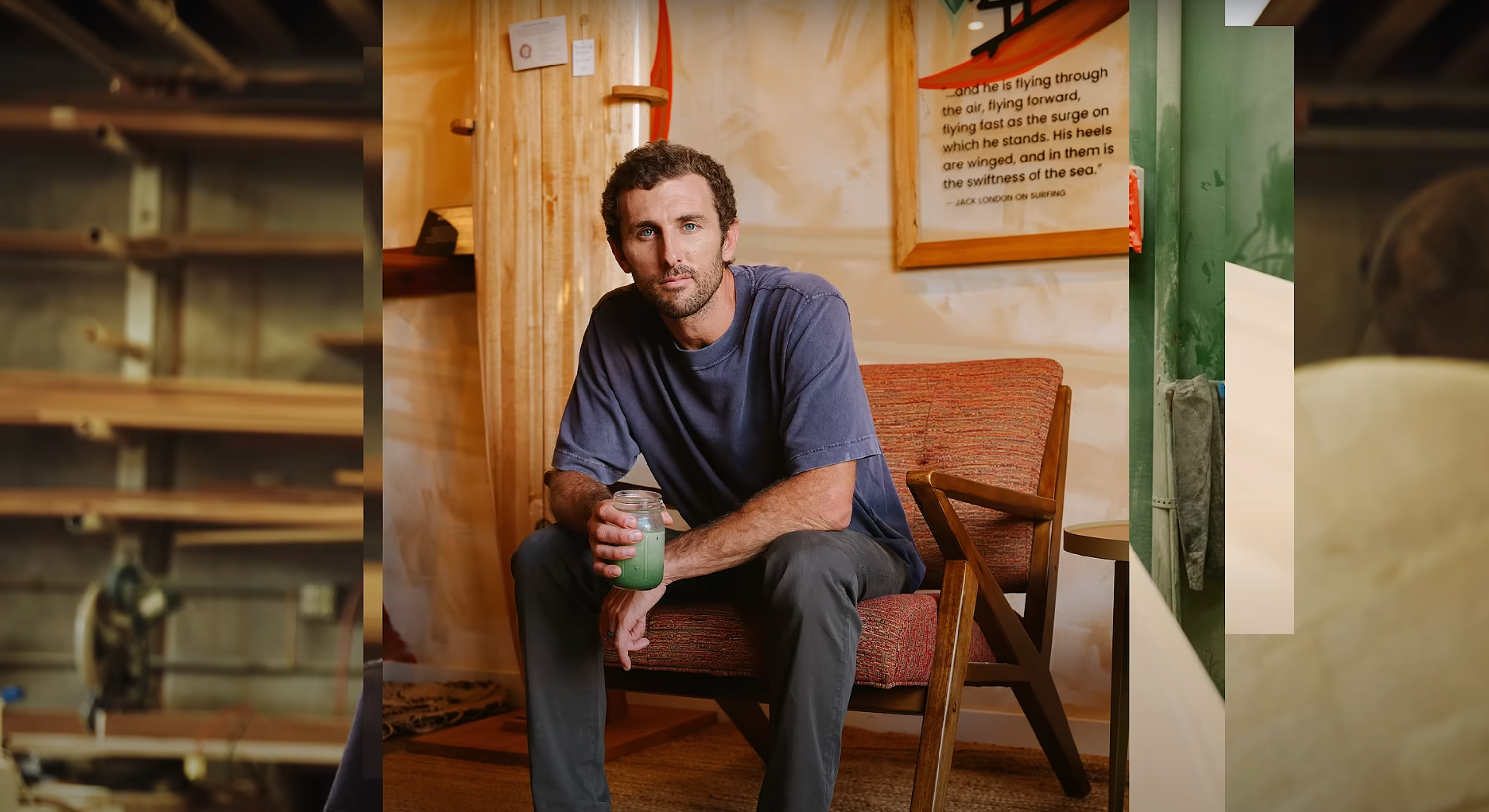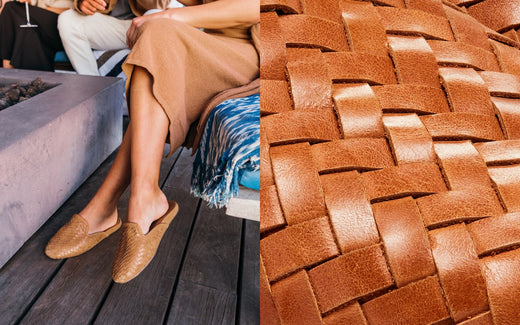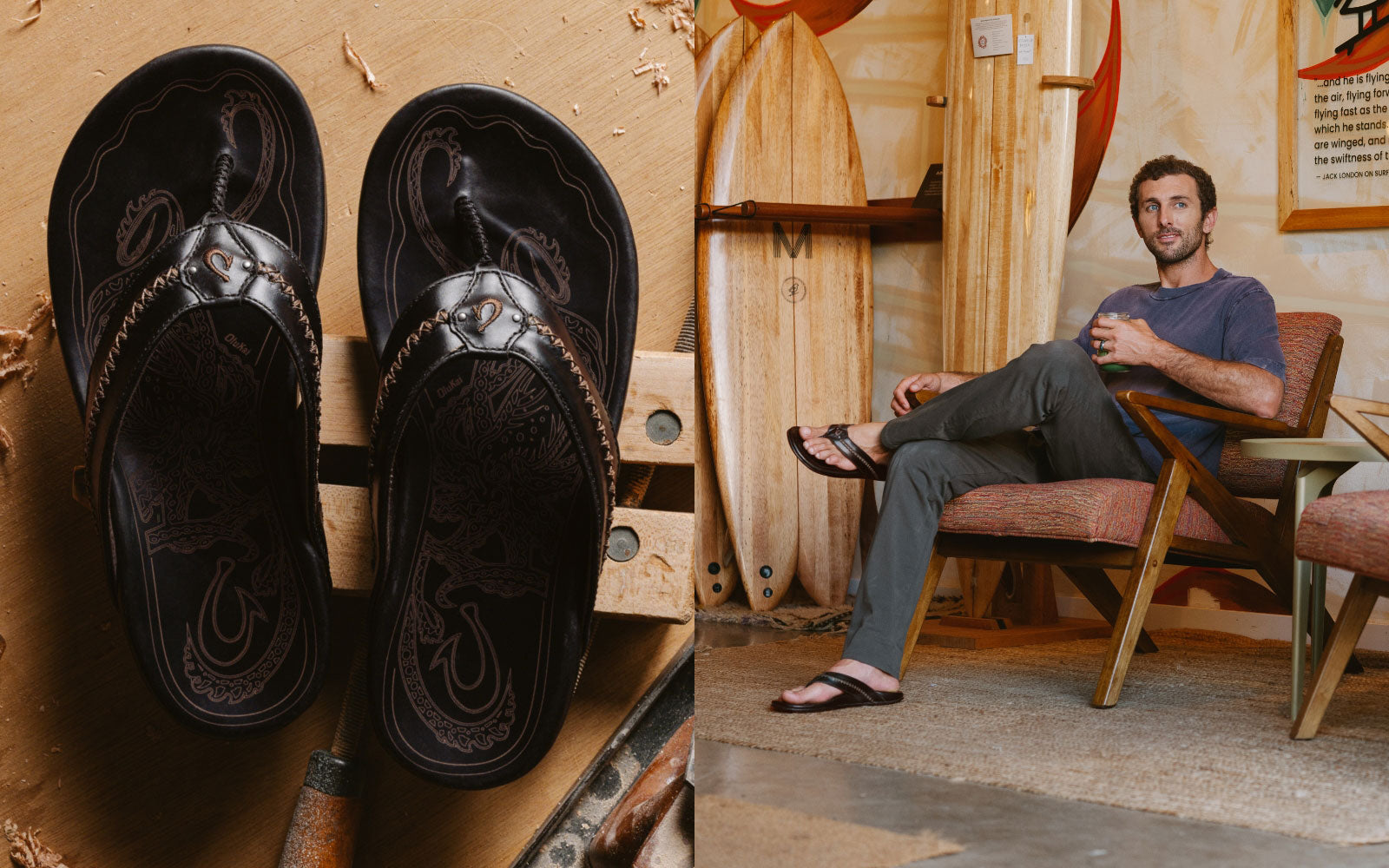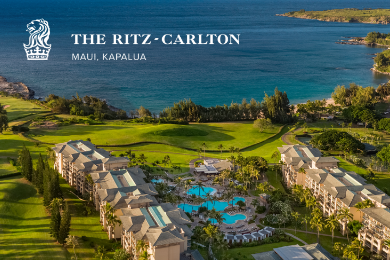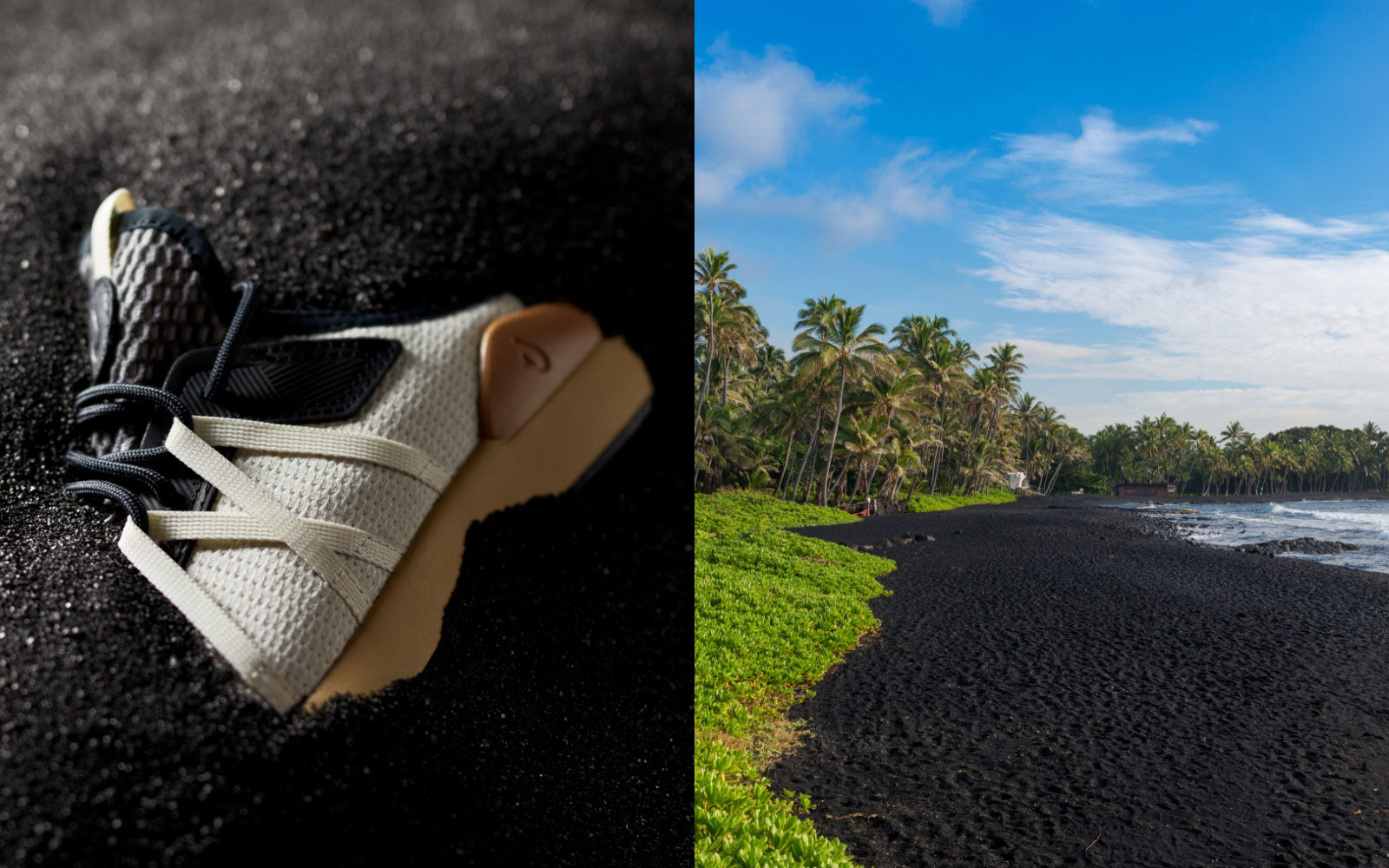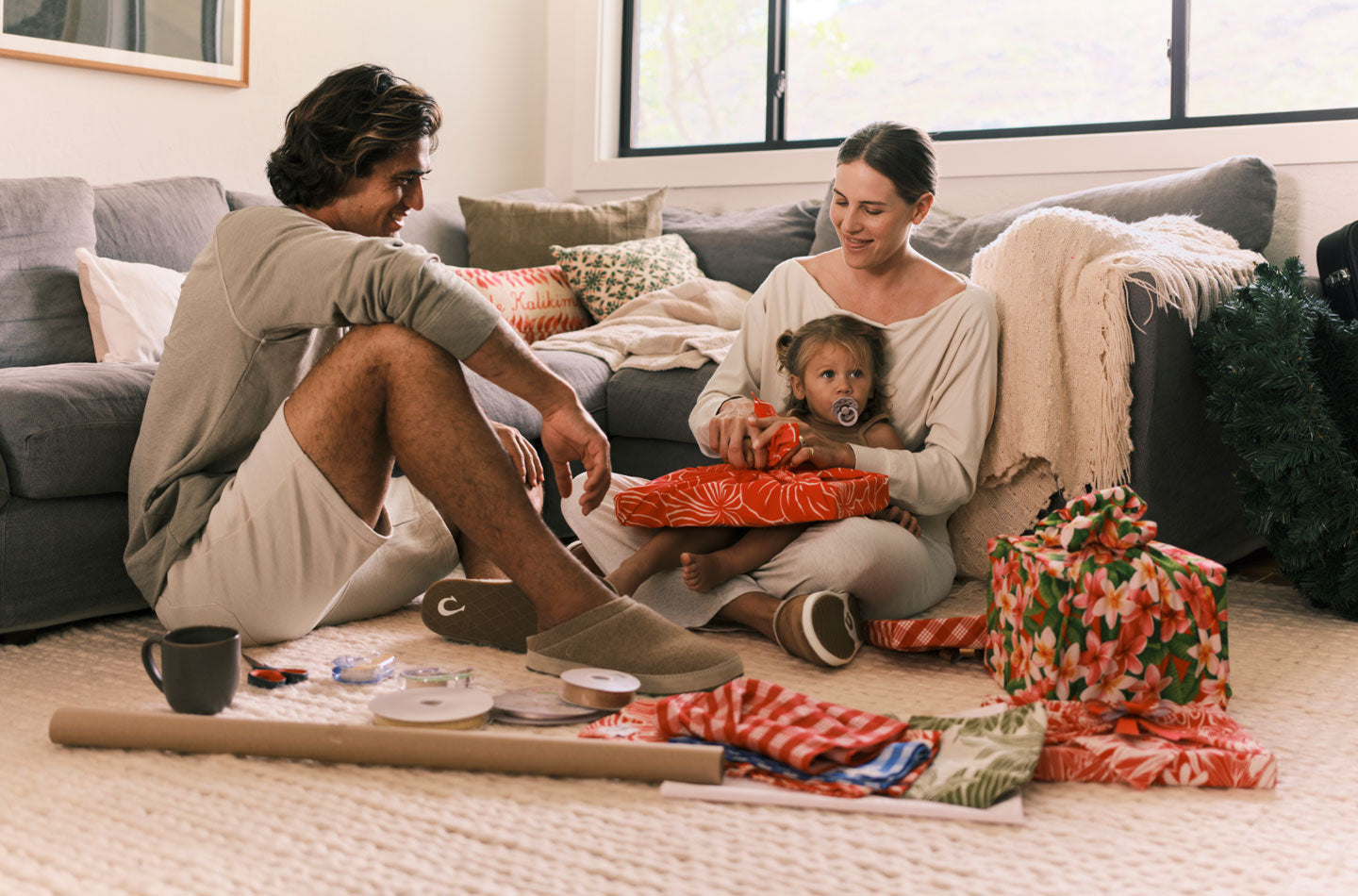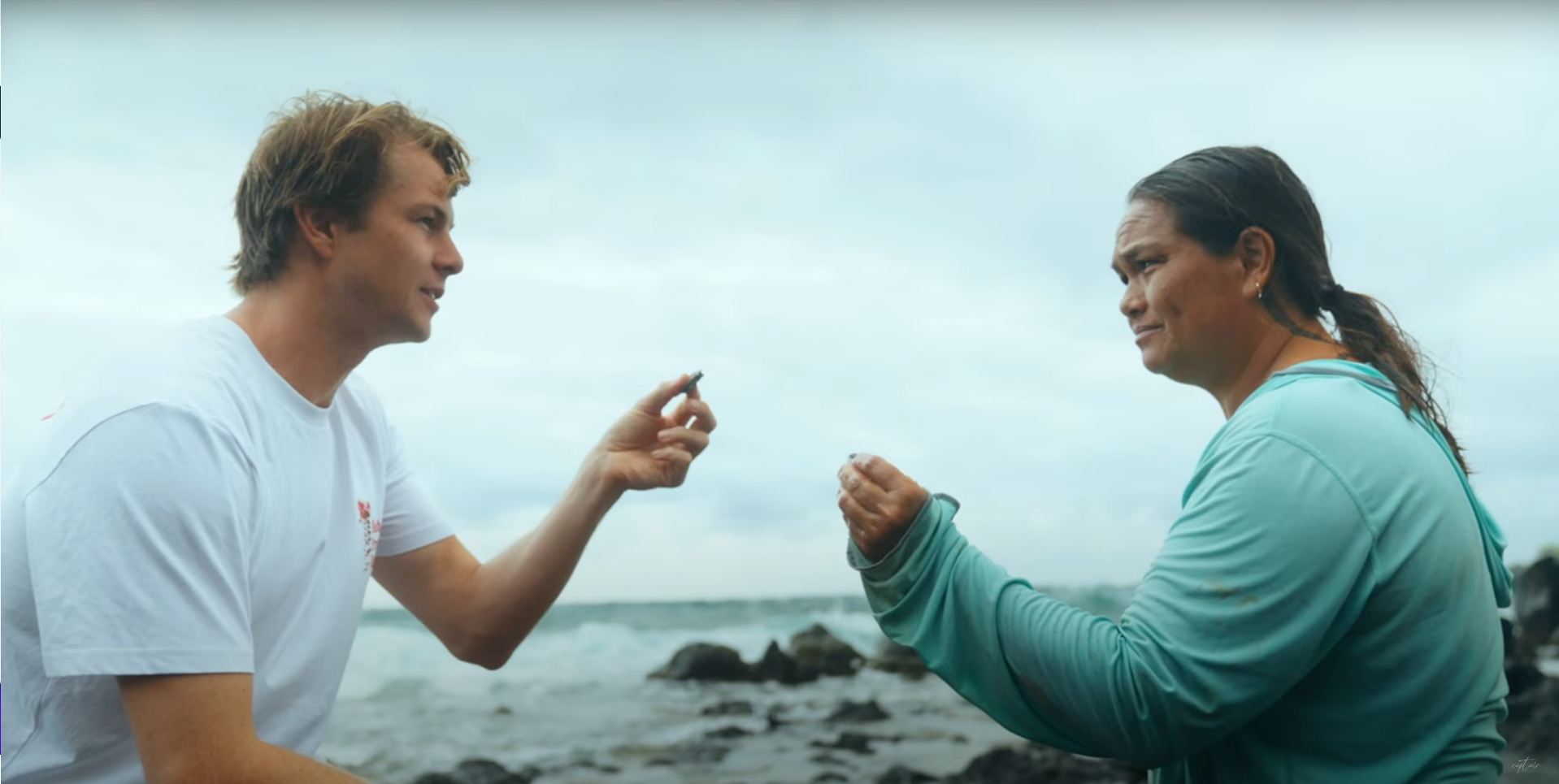Ala Kukui, a retreat space on a verdant sloping hillside in isolated Hāna, Maui, was carved from the lush Hāna jungle in 2000. The owner, a long-time Hāna resident, envisioned the property as a serene place for healing, rejuvenation, and restoration of the soul. The name 'Ala Kukui' translates to “path of enlightenment.” In 2015, Hāna resident Kau‘i Kanaka‘ole came on board as the Executive Director and made an immediate discovery—it was missing a cultural component. For the past four years, she has expanded the retreat’s mission to create an empowering space for the local Hāna community in more ways where they are able to share their culture with others. One of the most impactful events at Ala Kukui is Hānā Kū, a cultural community event aimed at perpetuating Hawaiian culture, where chefs from around the Islands come to learn from and cook for the local families. We caught up with Kau‘i in between meals to talk story about Ala Kukui and the deeper meaning behind Hāna Kū.
--image_block_a--
What was your inspiration and motivation for shifting the focus of Ala Kukui from a wellness retreat to a community cultural center?
My drive and motivation was to make this more of a place where our community can thrive; a place not only for the people of Hāna to experience healing, but sharing as well. If you are able to feed your whole community, that light cannot help but shine outwards. I wanted to create opportunities of empowerment and cultural inspiration for our community members, and then through that kind of energy exchange, the different people who come here and utilize the space for personal healing retreats can also take part in that energy that our community members cultivate here.
And how did Hāna Kū come to be?
Hāna Kū was inspired by our Hāna families because we have hunters, fishermen, gatherers, and farmers who have not only fished, hunted, and harvested in the same spots but have prepared food the same way for generations. The traditional practices still continue today in specific places, and I felt that these were such important practices to shine light on, especially for our own people. It's a way for them to understand the importance of what they’re doing and encourage them to continue passing along this incredible knowledge to the next generation, and it's also a way to help encourage them to take pride in what they do—especially for the younger generation. We want the kids to be able to take pride in what their ancestors, their kupuna (elders), and their mom and dad are teaching.
How did the cooking component with professional chefs play into the event?
The most important part of Hāna Kū is not only helping our families recognize the importance of what they do, but also helping them figure out a way to push that practice forward and encourage the next generation to make that tradition even better. So, we thought chefs were the best way to cultivate that tradition because it has so much to do with food and family. Food and the act of eating is universal; it breaks down barriers. We had some really good chef friends that were interested in being a part of the event, so we asked some of them to come along. We had one family host the chefs for the weekend, and they took the them down to the beach and showed them how to throw nets and how to dive. Then, they took them up to the mountain and caught some pigs. They brought all of that food back here to Ala Kukui and shared recipes, family stories, and of course, food. What came out of that was an almost magical kind of authentic exchange—a truly human exchange—and it allowed our people to really be proud of who they were and where they came from. You could even see it reflected in the younger generation—we had these amazing chefs like Sheldon Simeon and Mark Noguchi who not only cooked amazing food with whatever they caught, but they helped to validate the family’s traditions and bring that about in our youth.
Please share with us the meaning behind the name Hāna Kū.
Growing up in Hāna, we used to use "Hāna Kū" in a negative way to mean the backcountry. The word 'Hana' without the kahako over the first letter "a" simply means 'work'. But when you put that kahako over the first "a", the word 'Hāna' stands for an attention to detail and an alertness in your work; it's a kind of work that is very focused and intentional. The word 'kū' has to do with being upright and standing, but it also represents the god; it has to do with ascension and striving to ascend to another level. So, when you have this alertness and intention in the work that you’re doing because you are aspiring to get to another level, that is the true meaning behind 'Hāna Kū'. That reciprocal relationship felt so important, and to us, there’s nothing "backcountry" or shameful about that. Hāna Kū is about celebrating, uplifting, and empowering our native people, and restoring pride in the things that they do.
Is there a way to share this experience with others that might not know a lot about Hāna?
We created this culinary event and fundraiser dinner for nonprofit Hāna Kū ‘Aha ‘Āina as an opportunity to share the experience with people who may not know about Hāna, its families, and their generational practices. We bring all of the chefs and families back every year; they go gather the protein, they go fishing and hunting, and then they go to the secret spots with the chefs and listen to the stories of the family. They still get to experience that authentic exchange, and they still get to understand and immerse themselves in the generational practices that are still happening.
